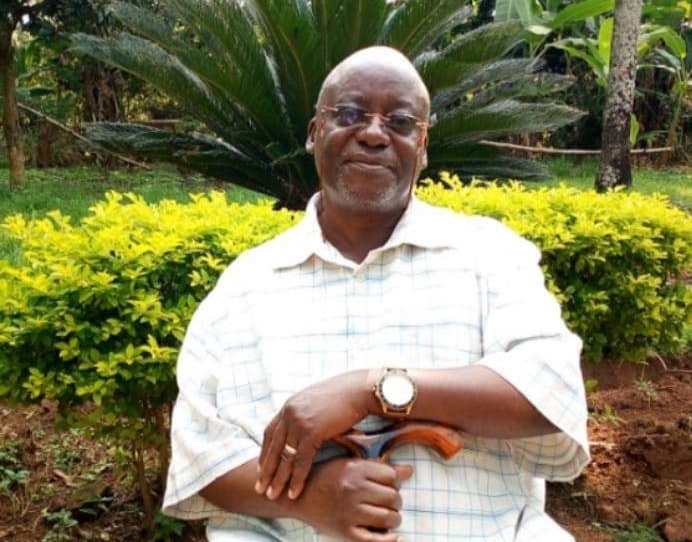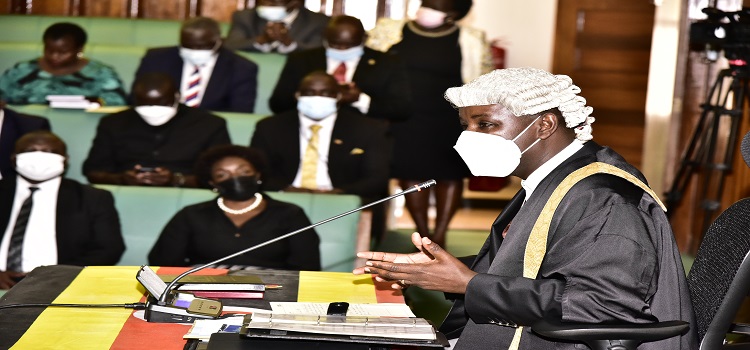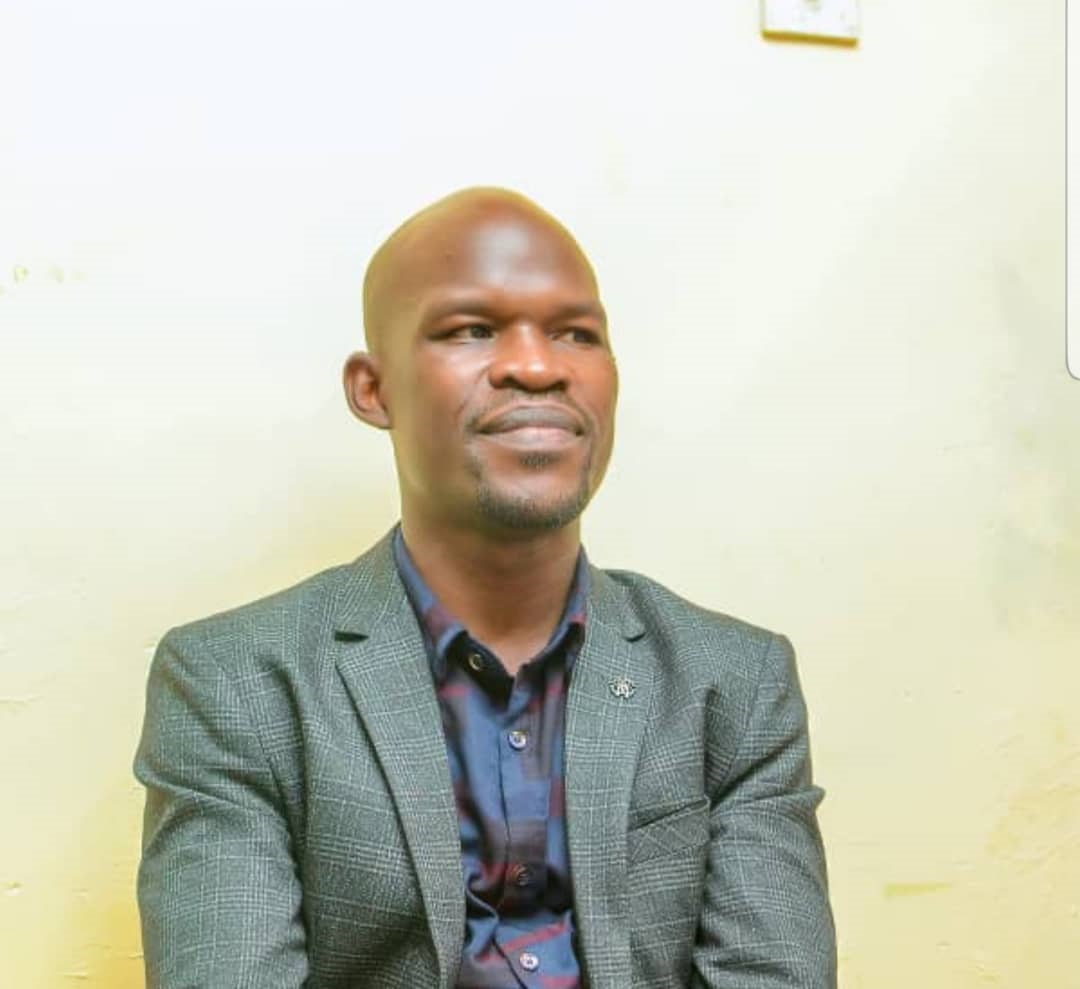When you follow how the Land Commission was, or has been, used by the Ministry of Lands, the Ministry of Finance and Economic Development and State House to grow the greed of some Government officials, functionaries and beneficiaries, you do not fail to understand where corruption begins and ends.
Everything everywhere has been invaded by the greed and selfishness of officials, most likely to do with power retention at the centre. Recently, the centrality of Coffee in the circuit of growing greed and corruption has become manifest.
Coffee is the crop of prosperity in Uganda. It has been so since the first decade of the 20th Century, when the colonialists were in charge of the country and its economy, and when it was traded by a foreign British Trading Company.
When I say Coffee, I mean two varieties of the crop: Robusta coffee, Coffea robusta and Arabica Coffee, Coffea arabica. Coffea robusta is grown in the Central, Eastern, Western and South Eastern . Coffea arabica is grown on the slopes if Mt Elgon in the East, Mt Rwenzori and Mt Muhabura in South Western Uganda. Robusta Coffee is native to the Lake Victoria Crescent, and Arabica Coffee is native to Ethiopia.
Robusta Coffee is the more widely grown coffee. In the Central Region, it is the crop of prosperity in Luwero, Mpigi, Mukono, Mityana, Kayunga, Masaka, Rakai, Mubende and Kiboga. In the Western region, it is the crop of prosperity in Bushenyi, Ntungamo, Mbarara, Kasese, Ibanda and Rukungiri. In Eastern Uganda, robusta coffee is grown in Buwenge, Jinja, Luuka, Iganga, Kamuli and Kaliro.
What should be emphasised is that traditionally Coffee has been grown by the settled communities of Uganda who are of Bantu ethnicity. However, with nomadic pastoralists grabbing land from the settled communities, and becoming the new modern settlers in the areas where they have no historical, biological and cultural attachment, they seem to have stratigised to become the new coffee farmers, processors and traders of Uganda Coffee, helped by a Government that is pro-nomadic pastoralist. They are greedy to cash in on coffee and to own the crop, while still predominantly owning the cow.
So, whatever is happening in the Coffee industry today must be seen and understood in this light. There is no altruism involved.
Uganda coffee is famed to be the best in the world, although in terms of quality, there is a lot that must be done so that our coffee is the best quality coffee. We already have markets in the UK, the Netherlands, Spain, Italy, Denmark, Norway, Sudan, Singapore and China. Many firms are involved in importing Uganda coffee abroad. In 2006/7, such firms included, Ecom, Agroindustries, Olam, El Mithalib, Dectrade, Dreyfus, Cofftea, Socsde , Drucafe, Luois, et cetera.
Therefore, our coffee is not lacking markets abroad. The current action by Uganda Government to boost the Coffee industry in terms of value addition through agroprocessing, as Attorney General, Kiwanuka, said in Parliament in defense of a preferred Coffee deal signed by a known global dealer, Enrica Pinetti, with Government of Uganda, is not because there is no value addition to our coffee, but because the President of Uganda wants the shadowy firm, Uganda Vinci Coffee Ltd, to have the monopoly over our coffee. Yet Enrica Pinetti, the preferred coffee dealer, has no known connection to the Coffee industry anywhere in the world, just like she had no connection with health before President Museveni selected her to build the specialised Lubowa Hospital. What is lacking is a substantial market for Uganda Coffee locally, but this is being ignored by Government. Yet in Ethiopia, the citizens consume most of their coffee. The local market sustains the coffee industry.
Uganda Coffee has suffered ups and downs, especially over the last 36 years. When they emerged out of the bushes of Luwero, the combantants, now in power, told us that every crop is a cash crop, yet we, the elder citizens, had grown up knowing and seeing coffee, cotton and tea as the crops of prosperity and the main cash crops of Uganda.
Following government’s clarion call to take every crop as a cash crop, people turned away from growing coffee and cotton. Many cut down their coffee plants. The cotton industry collapse completely.
The coffee industry took another nosedive in certain areas of the country, especially Busoga, when government encouraged farmers to grow sugarcane as outgrowers for sugar processing factories, some of which belonged to some Government functionaries. People further cut down coffee plants for sugarcane.
As if this was not enough to demystify Coffee as Uganda’s crop of prosperity, Government urged the people to grow neem tree, moringa and vanilla. Coffee growing sufferred even more. People further abandoned coffee growing.
And now, like they did in Kalangala District, Government officials are encouraging people in Busoga to grow Oil Palm.Earlier in Kalangala, people cut down their coffee plants for Oil Palm, but they are lacking labour to work on the oil palm farms. Many young people decided to run away from the island other than work on oil palm. Yet Government, with the advice of World Bank and International Fund for Agriculture band Development (IFAD), has a long-term plan, hatched in 2001/2002, to spread Oil palm growing in half of Central region and three quarters of Eastern region (which are Coffee Growing areas), and in the whole of Northern Uganda. This means that only the coffee growing areas of Western Uganda will not be affected by oil palm growing. Uganda will no longer be a key coffee growing and exporting country anymore, since coffee growing will be replaced by oil palm growing.
I have some advice:
1. Uganda should stick to coffee as the crop of prosperity. Those of us who were educated in the 1950s and 1960s will unanimously agree that if it were not the prosperity due to coffee we would not be what we became or still are. Oil Palm Growing is human capital heavy. But experience with the crop in Kalangala has shown that the youth, who are the majority, have run away from the island, leaving their aging parents to struggle with oil palm. Women too are not amused by the crop. They prefer to grow food crops to feed their families.So it is old men struggling with oil palm. Some are even abandoning their oil palm farms to Bidco, the palm oil firm.
2. Instead of Saccos and schemes like Myooga and Parish Model, which are individualistic and anti-community, Cooperative Unions and their Cooperative Bank, which collapsed during the last 36 years of NRM, should be revived and allowed to be at the centre of marketing and processing of Uganda coffee and extending financial capital to coffee farmers respectively.
3. Meanwhile, local firms already active in processing and marketing Uganda should not be antagonised. There is no reason to create a monopoly in the coffee industry, when Government’s legitimising stand is liberalising the economy to spread effective participation of various actors in economic development. Greed and selfishness should not guide economic activity. It should be economic activity for wholistic economic development.
For God and My Country.
Do you have a story in your community or an opinion to share with us: Email us at Submit an Article









